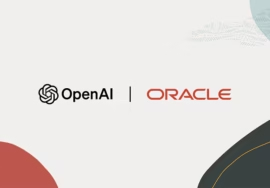
Zopa–Juniper Report Warns of Banking Job Losses Amid AI Growth
Artificial intelligence is poised to revolutionise banking, unlocking major cost reductions but at the expense of tens of thousands of jobs. A report from Zopa and Juniper projects £1.8 billion in savings by 2030, offset by the loss of 27,000 positions across customer service and back-office roles.
The greatest efficiency gains will be behind the scenes, where 154 million staff hours annually—82% of time saved—will result from automation in compliance, fraud detection, and risk management. This is expected to save £923 million a year while improving accuracy and compliance.
Customer-facing investment will exceed £1.1 billion, with advanced chatbots and virtual assistants providing hyper-personalised services. These are forecast to save £540 million annually and free up 26 million hours of staff time. Portfolio management AI is also set to strengthen analysis and reporting without displacing human advisors.
Job losses will be concentrated in customer service (14,000 roles) and back offices (10,000). Still, the report highlights the potential for reskilling into governance and oversight of AI systems. Zopa CTO Peter Donlon called the shift “a once-in-a-generation chance to reimagine the workforce.”
The sector faces a widening gap between AI-native banks like Zopa and legacy players struggling to modernise. Juniper’s Nick Maynard warned that generative AI is a tipping point: it could expose unprepared banks to risks, while offering others the chance to redefine banking around intelligent automation.








